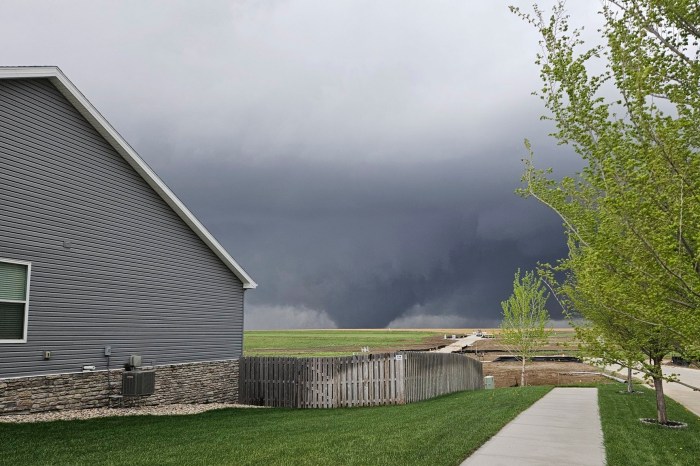(Reuters) – U.S. economic data since May has been “surprisingly strong,” though it will still take perhaps another year for output to claw back to its pre-pandemic peak, Federal Reserve Vice Chair Richard Clarida said on Wednesday.
“In the spring, many voices questioned what good rate cuts, forward guidance, asset purchases, and lending programs could do in an economy in which people do not venture out to buy cars or build houses and in which companies do not invest,” Clarida said in prepared remarks for an Institute of International Finance webcast event.
“The data show us that with rates low, credit available, and incomes supported by fiscal transfers, the answer is – at least so far – that they do build houses, buy cars, and order equipment and software.”
While the service sector remains pummeled by the ongoing decline in travel, restaurant visits and other face-to-face services considered risky during the coronavirus pandemic, “the rebound in the (gross domestic product) data has been broad-based across indicators of goods consumption, housing, and investment,” Clarida said, with the housing sector and auto sales particularly strong.
Still, he said the U.S. economy remained in a deep hole and will need time to climb out, “perhaps another year” in the case of GDP, and perhaps three years for the unemployment rate.
“Additional support from monetary – and likely fiscal – policy will be needed,” Clarida said. “Speaking for the Fed, I can assure you that we are committed to using our full range of tools to support the economy.”
The U.S. central bank, along with cutting its benchmark interest rate to near zero in March, approved an extensive list of programs to keep financial markets functioning and provide credit to businesses.
Direct government “fiscal” programs, which require the approval of Congress and executive branch, played an important role in kickstarting the economic rebound with loans to small businesses and enhanced unemployment payments.
But Congress and the White House remain deadlocked over another stimulus package that many officials at the Fed feel will be necessary to replace lost incomes for the millions that remain unemployed because of the pandemic.
(Reporting by Howard Schneider; Editing by Paul Simao)



















